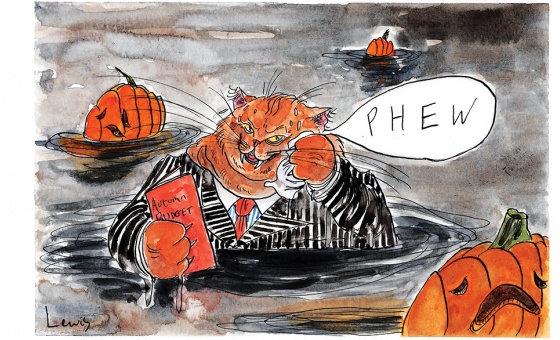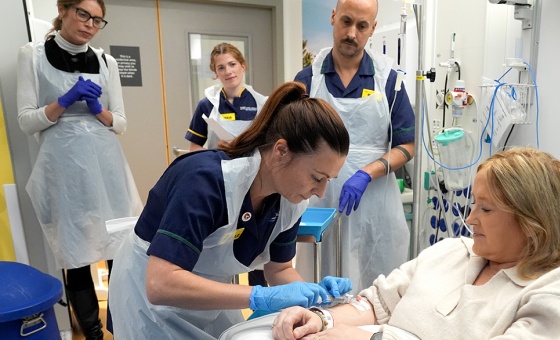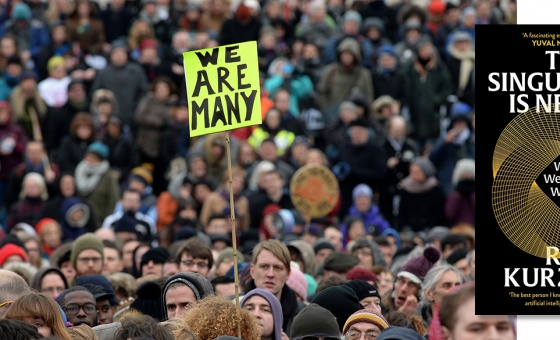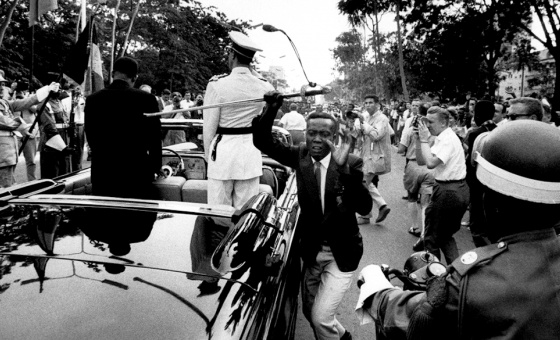This is the last article you can read this month
You can read more article this month
You can read more articles this month
Sorry your limit is up for this month
Reset on:
Please help support the Morning Star by subscribing here
ICELAND’S prime minister was among thousands of women today taking strike action for an end to unequal pay and gender-based violence.
Katrin Jakobsdottir said that she would stay home as part of the women’s strike, the “kvennaverkfal,” and expected other women in her Cabinet would do the same.
Iceland’s trade unions called on women and non-binary people to refuse both paid and unpaid work, including household chores, for the day.
About 90 per cent of Icelandic workers belong to a union.
The action saw schools closed, public transport delayed, hospitals understaffed and hotel rooms uncleaned.
Schools and the health system, which have female-dominated workforces, said they would be heavily affected by the walkout.
National broadcaster RUV said that it was reducing television and radio broadcasts for the day.
The walkout was the biggest action since the island first saw such events in 1975 when 90 per cent of women refused to work, clean or look after children in anger at workplace discrimination.
In 1976, Iceland passed a law guaranteeing equal rights irrespective of gender.
Since then, there have been several partial-day strikes, most recently in 2018, with women walking off the job in the early afternoon — symbolising the time of day when women, on average, stop earning compared to men.
Iceland has been ranked as the world’s most gender-equal country 14 years in a row by the World Economic Forum, which measures pay, education, healthcare and other factors.
No country has achieved full equality and there remains a gender pay gap in Iceland.
“We have not yet reached our goals of full gender equality and we are still tackling the gender-based wage gap, which is unacceptable in 2023,” Ms Jakobsdottir said.
“We are still tackling gender-based violence, which has been a priority for my government to tackle.”
Freyja Steingrimsdottir of the Icelandic Federation for Public Workers told Reuters: “We’re seeking to bring attention to the fact that we’re called an equality paradise, but there are still gender disparities and urgent need for action.”
The lowest paying jobs, such as cleaning and childcare, are still predominantly done by women, especially immigrants.
Alice Clarke, who has lived and worked in Iceland for 30 years, said: “Foreign women are more vulnerable.
“Hopefully what is being done today will help to change that.”












